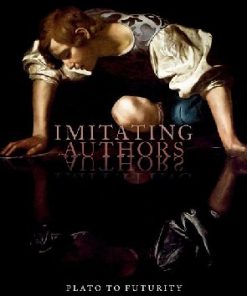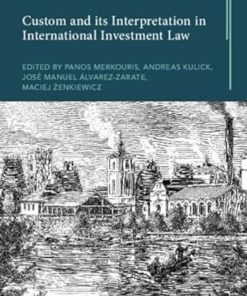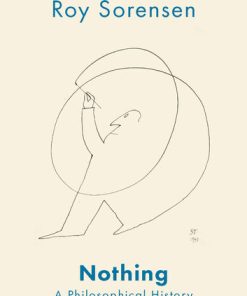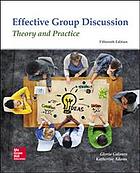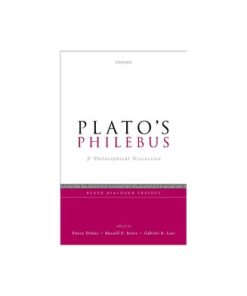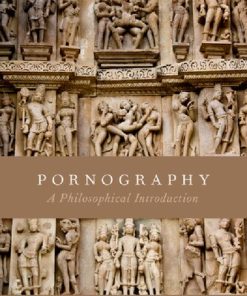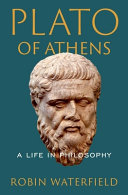Plato’s Statesman A Philosophical Discussion 1st edition by Panos Dimas, Melissa Lane, Susan Sauvé Meyer 0192653345 9780192653345
$50.00 Original price was: $50.00.$25.00Current price is: $25.00.
Plato’s Statesman: A Philosophical Discussion 1st edition by Panos Dimas, Melissa Lane, Susan Sauvé Meyer – Ebook PDF Instant Download/DeliveryISBN: 0192653345, 9780192653345
Full download Plato’s Statesman: A Philosophical Discussion 1st edition after payment.
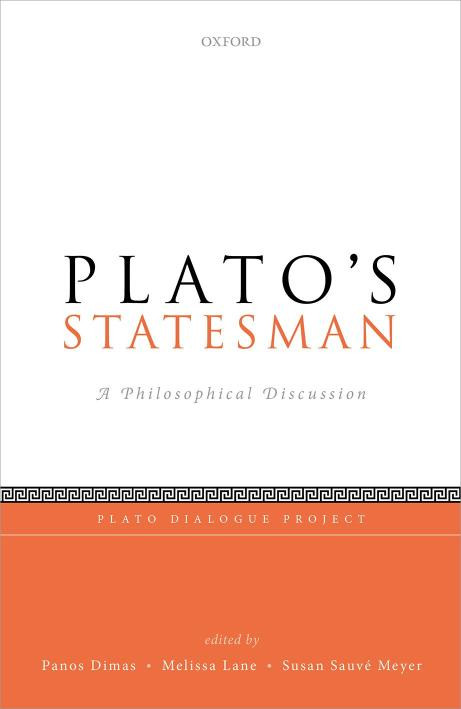
Product details:
ISBN-10 : 0192653345
ISBN-13 : 9780192653345
Author : Panos Dimas, Melissa Lane, Susan Sauvé Meyer
Plato’s Statesman, A Philosophical Discussion, is the second volume in the Plato Dialogue Project series. Like the volume before it, Plato’s Philebus, A Philosophical Discussion, it offers a comprehensive philosophical analysis of the entire dialogue it treats. The present volume divides the Statesman into argumentatively self-contained sections, each one of which is scrutinized thoroughly. This style of treatment proves particularly useful for the Statesman, an acutely perplexing dialogue that deals with many and seemingly unconnected themes-such as leadership of a state and the best from of constitution (politeia), philosophical methodology and epistemology, the doctrine of due measure (to metrion), the dialectical practice of collection and division and ancillary investigative methods such as the use of myth and models (paradeigmata). The present volume discusses all issues the dialogue raises while abstaining from making an overarching claim on the dialogue as a whole, other than the one implied by the notion that all its parts are interrelated, equally important philosophically, and together constitute a unified whole. The aim is to bring to the forefront each one of the dialogue’s many themes and devote to it the attention that will permit it to stake its claim to be part of a unified philosophical work. In this respect, the present volume challenges the readers to come to their own view on how the dialogue hangs together as a whole, but only after having gone through a comprehensive philosophical discussion of and reflection on its constitutive parts.
Plato’s Statesman: A Philosophical Discussion 1st Table of contents:
1: Introduction: The Significance of Plato’s Statesman
1.1 The Term politikos, in Context
1.2 The Unity of the Dialogue
1.3 Relation to the Republic
1.4 Relative Date of Composition
1.5 Relation to Theaetetus, Sophist, and the Unwritten Philosophos
Structure and Methods of the Dialogue
An Overview of This Volume
2: Trailhead: 257a1-259d6
Introduction
2.1 Our Text
2.1.1 B1 (258b3-6):The Opening Posit
2.1.2 B2 (258b7-d3):The Methodological Passage
2.1.2.1
2.1.2.2 So Where Instead to Begin?
2.1.2.3 What Are These Methodological Criteria?
2.1.2.4 Further Remarks
2.1.3 B3 (258d4-e7):The Articulation of the First Cut
2.1.4 The Argumentative Structure of B3-B6
2.1.4.1
2.1.4.2
2.1.4.3
2.1.5 B6 (259c6-d6):The Answer to the Allocation
2.1.6 B4-5(258e8-259c5):The Hubristic Challenge
2.1.6.1 The Name of the Game?
2.1.6.2 The Unity Argument
2.1.6.3 Review of the Text; Ideal Reconstruction; Problems
2.1.6.4 Help from Aristotle? Number and Continuity Irrelevant as Criteria
2.1.6.5 A Tentative Solution?
2.1.6.6 Conclusion
2.2 Wider Issues
3: Defining the Statesman by Division: 259d7–268d4
3.1 Problems with the Initial Sequence of Divisions
3.2 The Core of the Initial Division
3.2.1 Theoretical Knowledge
3.2.2 Practical Effects of Directive Arts
3.2.3 Commanding Arts
3.3 Undermining the Model of the Divine Shepherd
3.4 Collection, Division, and the Epistemic Performance of the Method
3.5 The eidos-merosDistinction and the Significance of Cutting Through the Middle
3.6 Conclusions about Defining by Division
4: The Myth and What it Achieves: 268d5-277c6
4.1
4.2
4.3
4.4
4.5
4.6
4.7
5: Learning from Models: 277c7-283a9
Introduction
5.1 Learning by Paradeigma: Children Learning to Read and Write
5.1.1 The Starting-Pointof the Children’s Learning
5.1.2 Outline of the Method
5.1.3 Steps 4–5: The Method’s Ultimate Aim
5.1.4 Steps 1–3: Learning from Models
5.1.5 Plato’s General Description of the Method
5.2 Learning by Paradeigma: The Visitor and Young Socrates Seeking the Essence of Statecraft
5.2.1 How the Method is Introduced
5.2.2 The Starting-Pointof Learning for the Visitor and Young Socrates
5.2.3 How the Visitor and Young Socrates Learn by Paradeigma
5.3 The Epistemology of the Statesman
5.3.1 The Methods of the Statesman
5.3.2 Knowledge and True Opinion
5.3.3 Can the Visitor and Young Socrates Discover Anything Through the Method of Paradeigma?
5.4 Conclusion
6: Plato on Normative Measurement: 283b1-287b3
6.1 Statesman 283b1-287b3:Structure and Argument
6.2 Plato and the Art of Measurement
6.3 Getting Measure Wrong: The kompsoi
6.4 Conclusions
7: Civic Function and the Taxonomy of Skills: 287b4-290e9
7.1 Outline of Statesman 287b4-290e9
7.2 Distinction Between Aitiai and Sunaitia
7.3 Co-Causes of the City
7.4 Causes of the City
7.5 Conclusion
8: Above the Law and Out for Justice: 291a1-297b4
8.1 Lions and Centaurs and Satyrs, Oh My! (291a-c)
8.2 Care and the Teleological Structure of Statecraft (291d-293e)
8.3 Phronēsis and the Limitations of Law (293e-294c)
8.4 The Conditional Necessity of Laws (294c-296a)
8.5 Force and Consent (296a-297b)
8.6 Conclusion
9: Ruling With (and Without) Laws: 297b5-303d3
9.1
9.2
9.3
9.4
10: Statecraft as a Ruling, Caring, and Weaving dunamis: 303d4-305e7
10.1 Dunamis in the Sophist and Statesman: A Preliminary Survey
10.2 Dunamis in Republic 5
10.3 The dunamis of Ruling or epitaktikē
10.4 S1 (305c10-d5): Statecraft as Ruling over ‘those [forms of expertise] with the power to take
10.5 S2 or Dunamis-Name(305e2-6): Identifying the dunamis Which Is Most Justly Called Statecraft
10.6 The ergon of the dunamis of Statecraft: The Woven Fabric of Kingly Weaving in S3
10.7 Conclusion
11: Weaving together Natural Courage and Moderation: 305e8-308b9
Introduction
11.1 How Courage and Moderation Are Opposed
11.2 Two Expertises of Measurement and the Resolution of Normative Disagreement
11.3 Normative Measurement and Weaving in the Laws
12: Kingly Intertwinement: 308b10-311c10
Introduction
12.1 From phusis to ēthos: The Carding and Spinning of Education
12.2 Divine and Human Bonds
12.3 The Statesman’s Intertwining
People also search for Plato’s Statesman: A Philosophical Discussion 1st:
plato’s statesman a philosophical discussion
what are plato’s philosophies
plato’s statesman summary
plato’s statesman a philosophical discussion
in plato’s divided line
Tags: Statesman, Philosophical Discussion, Panos Dimas, Melissa Lane, Susan Sauvé Meyer
You may also like…
Poetry - American Poetry
Imitating Authors: Plato to Futurity 1st Edition Colin Burrow
Business & Economics - Investing
Custom and its Interpretation in International Investment Law: Volume 2
Politics & Philosophy - General & Miscellaneous Philosophy
dictionaries & phrasebooks
Politics & Philosophy - Anthropology
Plato’s Philebus: A Philosophical Discussion 1st Panos Dimas
Politics & Philosophy - General & Miscellaneous Philosophy
Politics & Philosophy - Ancient & Medieval Philosophy
Plato of Athens: A Life in Philosophy 1st Edition Robin Waterfield





